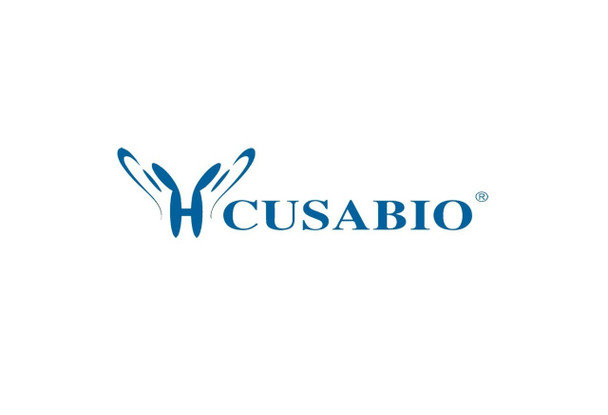Cusabio Polyclonal Antibodies
CDK9 Antibody | CSB-PA217262
- SKU:
- CSB-PA217262
- Availability:
- 3 to 7 Working Days
Description
CDK9 Antibody | CSB-PA217262 | Cusabio
CDK9 Antibody is Available at Gentaur Genprice with the fastest delivery.
Online Order Payment is possible or send quotation to info@gentaur.com.
Product Type: Polyclonal Antibody
Target Names: CDK9
Aliases: cyclin-dependent kinase 9
Background: The protein encoded by this gene is a member of the cyclin-dependent protein kinase (CDK) family. CDK family members are highly similar to the gene products of S. cerevisiae cdc28, and S. pombe cdc2, and known as important cell cycle regulators. This kinase was found to be a component of the multiprotein complex TAK/P-TEFb, which is an elongation factor for RNA polymerase II-directed transcription and functions by phosphorylating the C-terminal domain of the largest subunit of RNA polymerase II. This protein forms a complex with and is regulated by its regulatory subunit cyclin T or cyclin K. HIV-1 Tat protein was found to interact with this protein and cyclin T, which suggested a possible involvement of this protein in AIDS.
Isotype: IgG
Conjugate: Non-conjugated
Clonality: Polyclonal
Uniport ID: P50750
Host Species: Rabbit
Species Reactivity: Human, Mouse, Rat
Immunogen: Fusion protein of human CDK9
Immunogen Species: Human
Applications: ELISA, WB
Tested Applications: ELISA, WB;ELISA:1:2000-1:5000, WB:1:500-1:2000
Purification Method: Antigen affinity purification
Dilution Ratio1: ELISA:1:2000-1:5000
Dilution Ratio2: WB:1:500-1:2000
Dilution Ratio3:
Dilution Ratio4:
Dilution Ratio5:
Dilution Ratio6:
Buffer: -20°C, pH7.4 PBS, 0.05% NaN3, 40% Glycerol
Form: Liquid
Storage: Upon receipt, store at -20°C or -80°C. Avoid repeated freeze.
Initial Research Areas: Cell Biology
Research Areas: Epigenetics & Nuclear Signaling;Cell biology;Immunology;Microbiology









